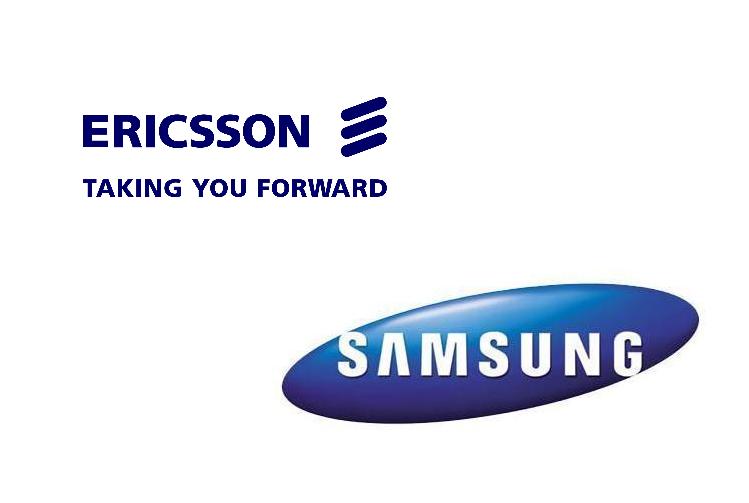
The patent war between the South Korean electronics giant Samsung and one of the biggest telecom manufacturers of Sweden, Ericsson, has escalated further after maker of the Galaxy SIII smartphone filed a complaint with U.S. International Trade Commission (ITC) to impose U.S. import and sales ban on a number of Swedish technology manufacturers products.
It seems that Samsung wants Ericsson to taste its own medicine because a month ago the Swedish company filed a similar kind of request with U.S. ITC in order to impose an import ban on the products of the South Korean consumer electronics maker.
Explaining the reasons behind filing, Samsung mentioned in a statement that, “we have sought to negotiate with Ericsson in good faith. However, Ericsson has proven unwilling to continue such negotiations by making unreasonable claims, which it is now trying to enforce in court.”
Ericsson filed their lawsuit when two-year long negotiations with Samsung regarding copyright licensing agreements for the renewal of FRAND fell apart.
Since the negotiations included 24 patents Ericsson claimed “the dispute concerns both Ericsson’s patented technology that is essential to several telecommunications and networking standards used by Samsung’s products as well as other of Ericsson’s patented inventions that are frequently implemented in wireless and consumer electronics products.”
The Swedish company also said that Samsung licensed the copyrights in 2001 and 2007. The Korean company was then made a third offer to renew the license, but that never happened. In reply to this claim, Samsung complained that Ericsson demanded “excessive” royalty rates.
Ericsson has lost a major chunk of revenue this year which has forced it to make use of its patent portfolio for income. The Foss Patent website stated that, “While the two companies are no longer competing in the wireless gadgets market, Samsung is now also building a telecommunications infrastructure business. Samsung’s foray into Ericsson’s market is much less talked about than its Galaxy phones and tablets, but it’s starting to show results. For example, in August 2012, Samsung announced an LTE infrastructure deal with a UK carrier named Three, which it described as its “first commercial mobile network roll-out in Europe”, Ericsson’s home continent. I’m sure that at this point no one in the industry would underestimate Samsung’s ability to become a significant player, if not the leader, in a new segment of the overall market for telecommunications hardware. This certainly adds a more strategic dimension to the Ericsson-Samsung dispute.”
Source: TechCrunch